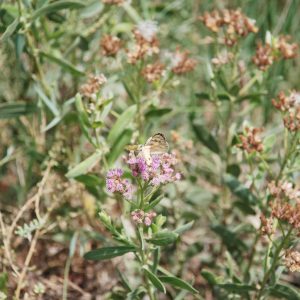 A primer to UN’s global b...
A primer to UN’s global b...
The Global Biodiversity Outlook is the flagship publication of the Convention on Biological Diversity (CBD). The CBD...
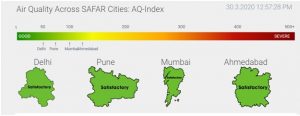 COVID-19 lockdown ensures...
COVID-19 lockdown ensures...
Today, as mankind is fighting a battle with the COVID-19 pandemic and India fights a double battle of ‘reverse...
Cloud seeding, a weather modification technique, involves dispersing substances such as silver iodide or salts into clouds to stimulate precipitation. Globally, it has been deployed to combat droughts and enhance snowfall, with countries such as the United States, China, the United Arab Emirates, and Australia experimenting with diverse applications ranging...
Migration constitutes one of the most transformative forces in India’s demographic and political landscape. Internal labor mobility, particularly the movement of unskilled and semi-skilled workers across state borders, has long been central to the country’s economic growth but remains insufficiently acknowledged in governance and electoral processes. The Ele...
The Indian Himalayan region, a geologically dynamic and ecologically sensitive landscape, is currently undergoing a transformation marked by the intersection of tectonic strain, accelerated climate change, and increasing anthropogenic pressures. The frequency and magnitude of natural disasters, including earthquakes, landslides, glacial lake outburst floods,...

The COVID-19 pandemic has brought the subject of healthcare to the forefront. As such, it becomes pertinent to ask the question that why some countries are doing better than others in dealing with this crisis? Does the answer lie in the difference...
The COVID-19 pandemic has brought the subject of healthcare to the forefront. As such, it becomes pertinent to ask the question that why some countries are doing better than others in dealing with this crisis? Does the answer lie in the difference...

Eminent social worker Avinash Rai Khanna is a remarkable thinker. A former Member of Parliament and an active politician, he has been working intensely on social issues and raised them in Parliament from time to time. These social issues are in no way connected to politics. These in fact present deep thinking and an earnest relationship with ground realities. Each of the nine chapters of this book showcases an outlook on pertinent social issues. From the ever-changing evils of society and how together we can solve day-to-day problems to what the responsibility of society towards orphans should be and how to prevent their criminalization have been discussed threadbare. Khanna has selected topics unrelated to politics and governments, addressing the smallest unit of a nation - the family. He attributes problems to the departure from India's roots and highlights instilling the nation's ageold cultural ethos among children. Khanna hails from Punjab where, in the recent decades drug addiction among the young population has emerged as a significant problem. In his article 'How to get rid of drug addiction', Khanna presents a solution to this very problem. The author also considers military training in tandem with formal education an important input for nation-building. Overall, this succinct bouquet of thinking - Samajik Chintan, is an inspiring treatise for all..
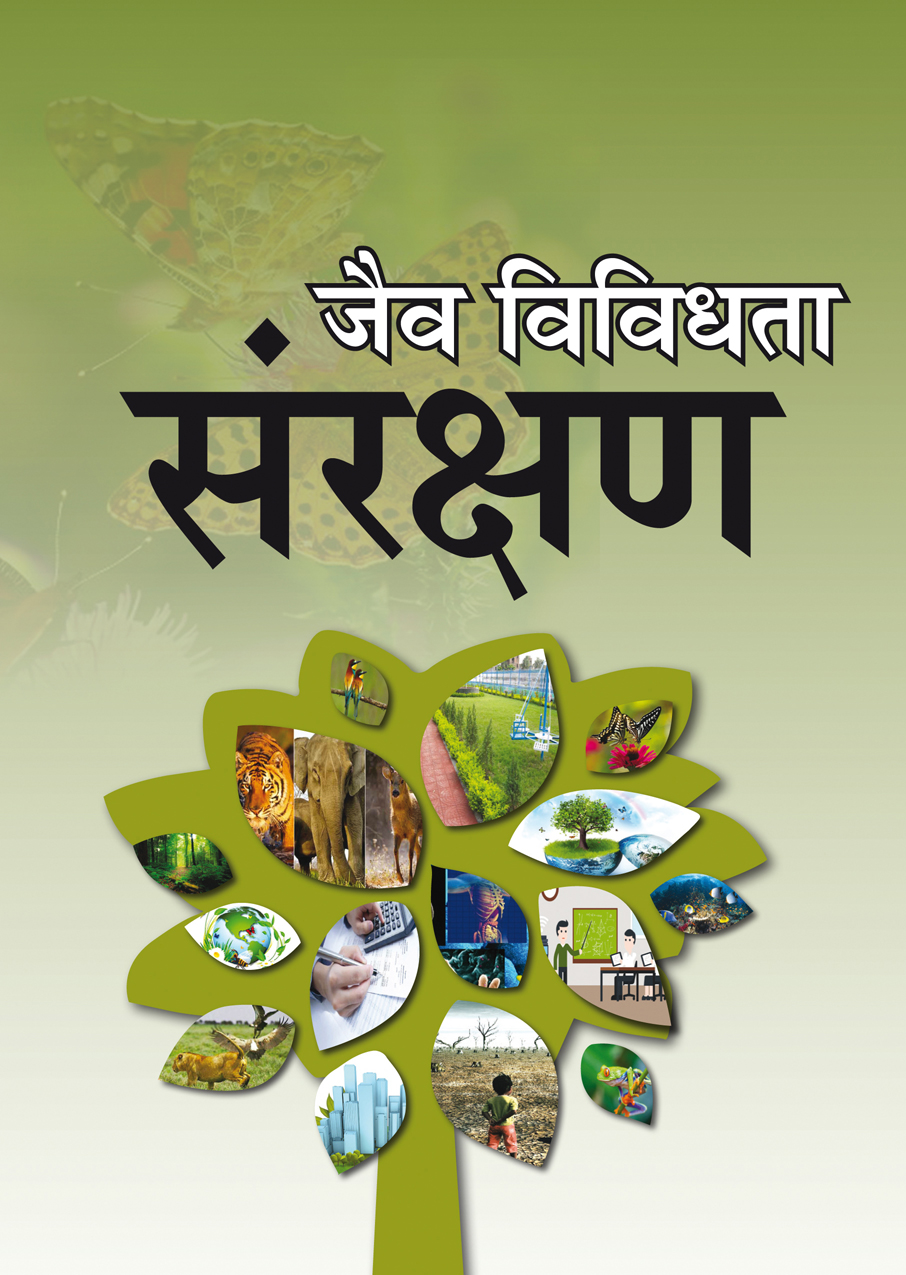
जैव विविधता हमारे प्राकृतिक पर्यावरण का अनिवार्य हिस्सा है। पर्यावरण संतुलन व सतत विकास के लिए यह विविधता बनाए रखना जरूरी है। यह तभी संभव है जब इनका संरक्षण करें। यह पुस्तक जैव विविधता एवं उसके संरक्षण के सभी पहलुओं को स्पर्श करती है। पुस्तक में संरक्षण संबंधी चुनौतियों का भी यथास्थान वर्णन है। पर्यावरण अध्ययन में अभिरूचि रखने वाले शिक्षकों, शोधार्थियों एवं छात्रों के लिए यह पुस्तक अति उपयोगी है।
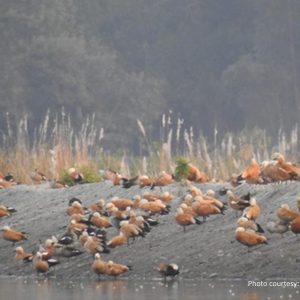
Located in the Dehradun district, the Asan Conservation Reserve is the 38th Ramsar site in India and first in the state of Uttarakhand. It is a human-made wetland, which has resulted due to the Asan B..
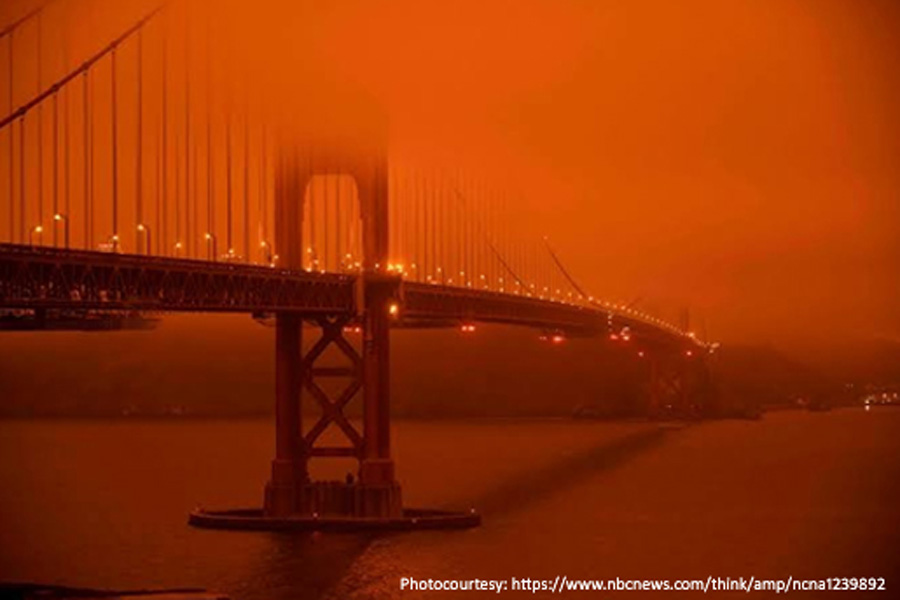
A new paper by British climate writer, Paul Homewood says that average temperature rise in the USA is not alarming. Based on the data received from the NOAA, it claims that there has been little or no...
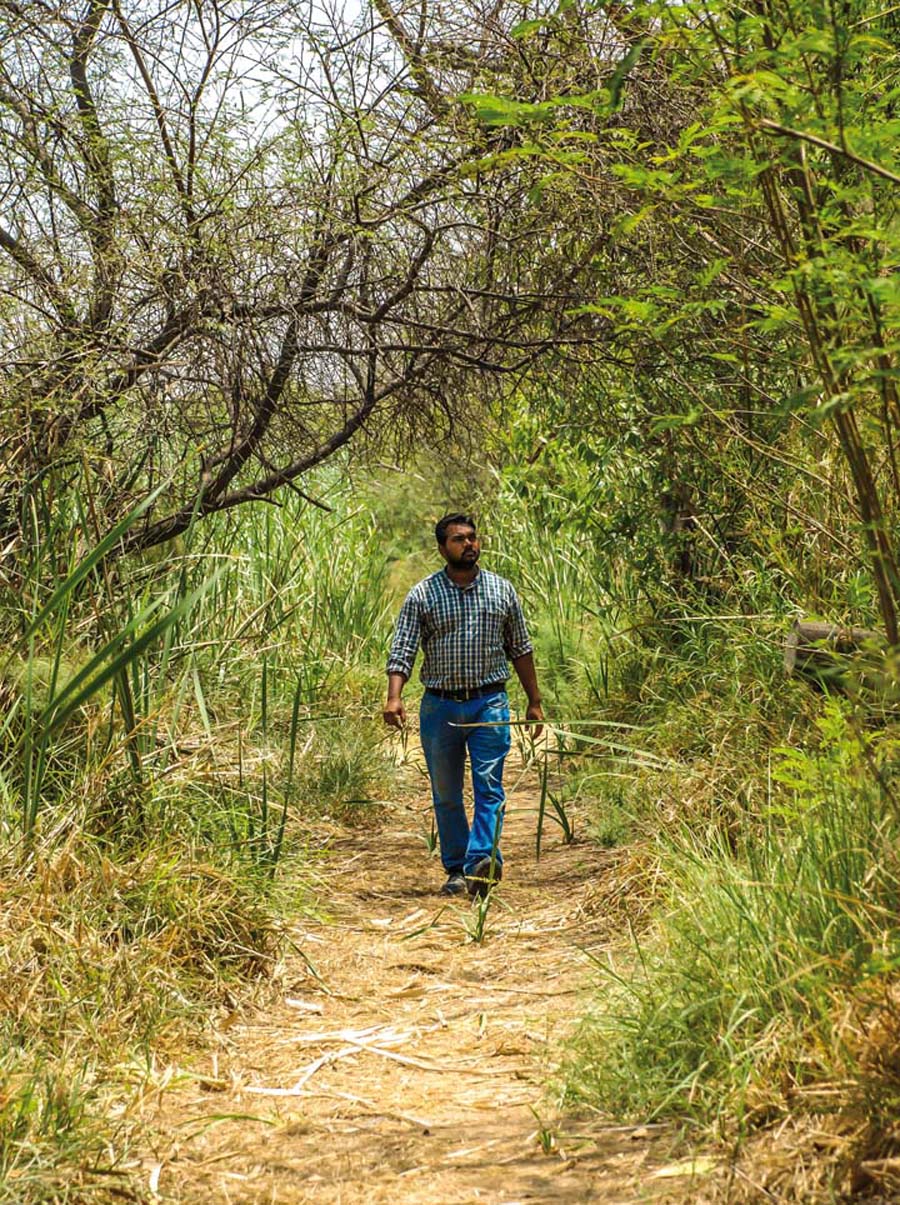
The risk of climate change is universal but the poor are more vulnerable with worsening food security and exacerbating hunger in developing countries. Climate change is also likely to affect species distribution and increase the threat of extinction and loss of biodiversity. ..
 1° Hotter = 1000 Dead: Heat Waves as India’s Growi...
1° Hotter = 1000 Dead: Heat Waves as India’s Growi...
Heatwaves are no longer episodic extremes but are increasingly becoming a structural...
 Sale! Sale! Sale!: Private Education
Sale! Sale! Sale!: Private Education
As India stands at a critical juncture in education reform, questions surrounding pri...
 Vanishing Grants: The Fate of Higher Education in...
Vanishing Grants: The Fate of Higher Education in...
The foundational principle upon which our education systems rest is fundamentally bas...
 Ailing Glaciers: Aerosol Warming the Himalayas-Ins...
Ailing Glaciers: Aerosol Warming the Himalayas-Ins...
The Himalayan glaciers face significant climate change and air pollution threats. In...